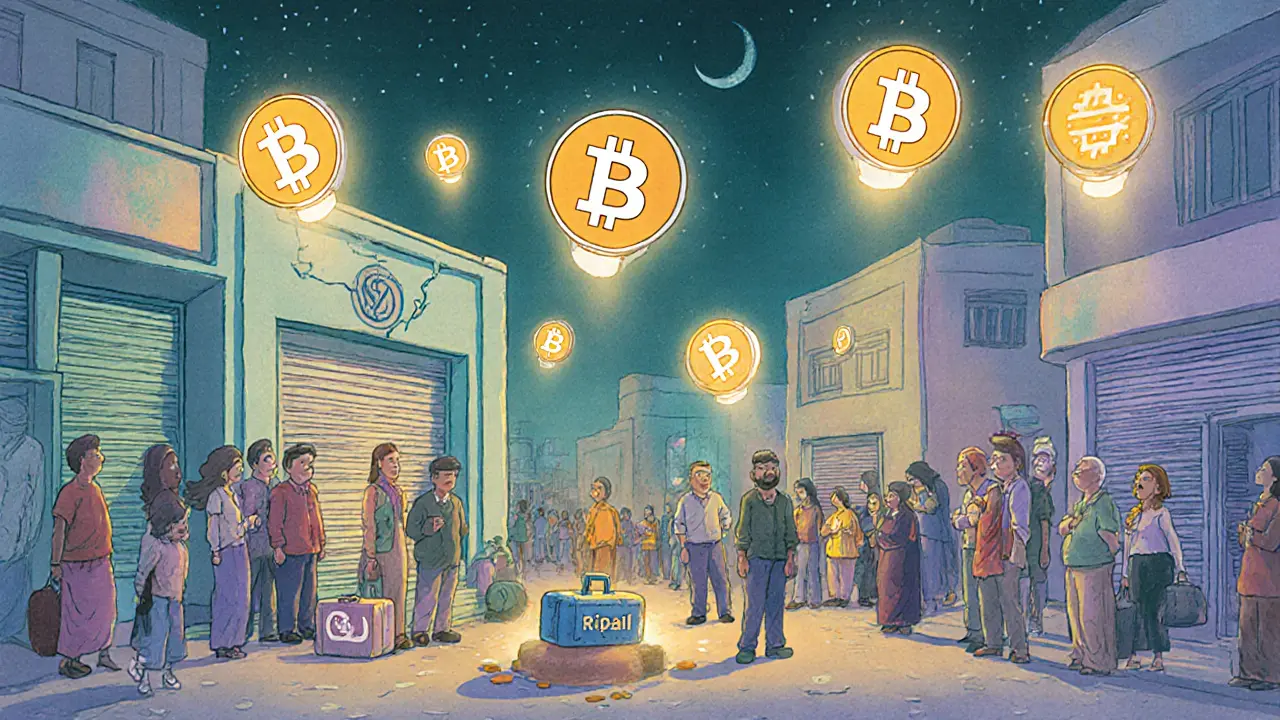Crypto Regulations Iran: What You Need to Know
When navigating crypto regulations Iran, the collection of laws, guidelines, and enforcement actions that govern digital assets inside the Islamic Republic. Also known as Iranian crypto policy, it determines who can trade, what platforms are allowed, and which activities attract penalties. VPN usage in Iran is a common workaround that lets users bypass internet filtering and hide their crypto traffic from authorities has become a practical necessity, but it also carries its own detection risks. Meanwhile, Iranian crypto traders must stay aware of shifting compliance requirements, from mandatory reporting to sudden exchange bans. The government’s enforcement arm Iranian government enforcement periodically cracks down on unlicensed exchanges, imposes fines, and monitors VPN traffic, creating a landscape where legal clarity is rare and penalties are steep.
Key Players, Tools, and Risks
Central to the ecosystem is the Central Bank of Iran which issues directives on cryptocurrency usage, often labeling digital coins as illegal tender. Their stance pushes many users toward peer‑to‑peer platforms and decentralized exchanges that operate outside traditional banking oversight. To stay compliant, traders rely on crypto regulations Iran guides that outline reporting thresholds, tax obligations, and the legal status of mining operations. Cryptocurrency exchanges in Iran are either state‑approved, like the few licensed local platforms, or unofficial services that risk sudden shutdowns. Choosing a licensed exchange reduces the chance of frozen assets, while unlicensed venues may offer better liquidity but expose users to seizure.
Detection methods have grown sophisticated. Deep‑packet inspection can flag VPN traffic that resembles trading patterns, prompting authorities to block accounts or issue warnings. Some traders mitigate this by rotating VPN providers, using obfuscation protocols, or splitting transactions across multiple wallets. Yet, each layer adds complexity and potential points of failure. Understanding the relationship between VPN usage and government enforcement is crucial: the more hidden the traffic, the higher the scrutiny when anomalies appear.
What you’ll find in the article collection below reflects this reality. We’ve gathered practical guides on safe VPN practices, breakdowns of the latest enforcement actions, and step‑by‑step checklists for staying within the law while trading or mining. Whether you’re a casual investor, a developer building DeFi services, or a miner scouting a jurisdiction, the posts give you concrete actions to navigate Iran’s crypto landscape without costly missteps.
How Sanctions Shape Crypto Adoption in Iran - 2025 Overview
Explore how sanctions have driven Iran's crypto adoption, the key players, regulations, user tactics, and future outlook in the 2025 landscape.





